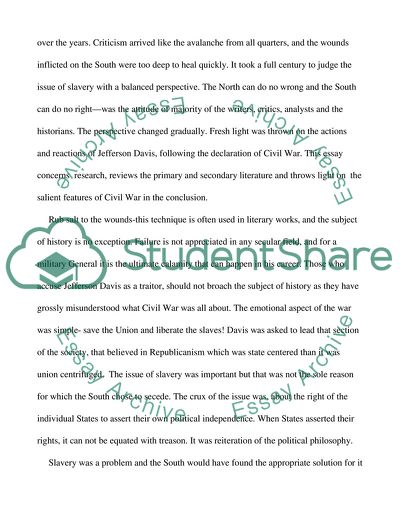Cite this document
(A Historiographical Analysis of Jefferson Davis Coursework, n.d.)
A Historiographical Analysis of Jefferson Davis Coursework. Retrieved from https://studentshare.org/military/1733911-jefferson-davis-civil-war-historiography-project
A Historiographical Analysis of Jefferson Davis Coursework. Retrieved from https://studentshare.org/military/1733911-jefferson-davis-civil-war-historiography-project
(A Historiographical Analysis of Jefferson Davis Coursework)
A Historiographical Analysis of Jefferson Davis Coursework. https://studentshare.org/military/1733911-jefferson-davis-civil-war-historiography-project.
A Historiographical Analysis of Jefferson Davis Coursework. https://studentshare.org/military/1733911-jefferson-davis-civil-war-historiography-project.
“A Historiographical Analysis of Jefferson Davis Coursework”. https://studentshare.org/military/1733911-jefferson-davis-civil-war-historiography-project.


